Land Life Company, a startup using big data and technology to reverse land degradation, has raised €3.5 million ($4 million) in Series A funding.
The Jeremy and Hannelore Grantham Environmental Trust led the round, joined by the company’s previous investors. Jeremy Grantham is a leading investor and co-founder of the $70 billion Boston-based investment firm GMO who predicted the 2000 and 2008 stock market downturns. Grantham is also a big proponent on climate change reversing initiatives.
“Climate change is the race of our lives and, beyond rapid and complete decarbonization, we need to remove vast amounts of CO2 from the air. Land Life Company holds great promise to remove CO2 at low cost and at large scale by rehabilitating degraded, semi-arid lands,” said Grantham in a statement.
Land Life Company, which is headquartered in Amsterdam, Holland, will use the proceeds to develop Land Life’s technology stack, which includes its patented planting technology Cocoon, autonomous planting, remote sensing, and blockchain verification.
Land Life uses these technologies for its end-to-end reforestation business for a range of customers seeking to offset their carbon footprint.
From Hardware to End-to-End Service
Founded in 2013 by ex-McKinsey partner Jurriaan Ruys and Bugaboo founder Eduard Zanen, Land Life Company started out selling Cocoon, a biodegradable cardboard donut filled with water, that incubates tree seedlings enabling them to establish on degraded land.
The Cocoon is designed to support a seedling through its critical first year. By providing water and shelter while stimulating the seedling to produce a healthy and deep root structure, tapping into the sub-surface water supply.
Degraded land is land “that would not come back unaided without intervention,” according to Rebekah Braswell director at Land Life Company.
“Other solutions currently out there to reverse degradation are incredibly resource intensive needing a lot of water or energy, such as irrigation pumps, essentially watering the wilderness, or overplanting with the acceptance that 90% of trees planted will die,” she told AgFunderNews.
Initially, Land Life was supplying its Cocoon technology to existing tree planting initiatives but decided to switch its business model to provide an end-to-end service for reforestation after a few painful lessons. One included the US Federal Government buying seedling one year, as funding allowed, but having to freeze the seedlings until the following year when they had the funding for planting. Predictably, the results were not good, pushing Land Life to take control of the whole process. “We want to be involved in not only how the seedlings are raised in the nursery, but how they started as seed and then planning, planting and later monitoring the progress of the project,” said Braswell.
Now, with experience planting trees across 25 countries, Land Life has amassed a lot of data to inform its decision-making process and approach, says Braswell. “By talking to local landowners, analyzing satellite and drone images and compiling climatic and soil sample data, we can understand how an area has become degraded and plan the optimum approach to restore the ecosystem.”
Carbon Offsetting Customers
The company’s first customers were governments, foundations and other non-profit type organizations, but now Land Life is working with commercial businesses that want to offset their carbon footprint and it now partners with its previous customers to help it do so.
One Land Life customer is Lease Plan, the car leasing company that has 1.7 million cars on the road currently. The company is offsetting the cars used by its employees and offering its customers the option of offsetting their emissions with Land Life when they sign up.
While carbon offsets are currently voluntary, some clients of Land Life see a time when they won’t be. But even without a regulated incentive to plant trees as a means to offset carbon emissions, corporations have other incentives, according to Braswell. These include marketing and PR — some companies might promise to offset the emissions related with a customer’s business and aim to build consumer trust in them as a brand — and corporate social responsibility (CSR) reporting.
“Customers want sustainable brands; they don’t want sustainability on a product-by-product basis – they want to trust in a whole brand,” said Braswell. “For some companies, carbon offsetting is a license to operate, but it’s also about recruiting and retaining employees as many now ask about their sustainability policy.”
Offsetting could drive more customers too; earlier this year car-sharing service Lyft announced its carbon offset policy that Braswell says has pushed some corporates to request their employees use the service so they don’t need to account for taxi rides in their own CSR reporting.

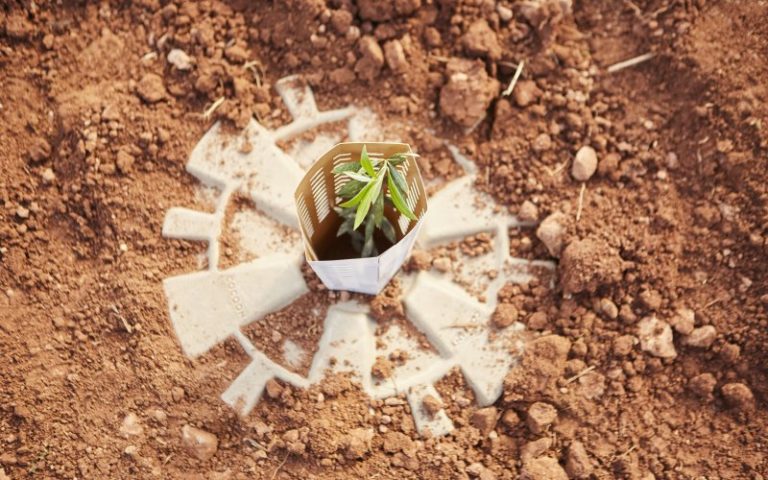
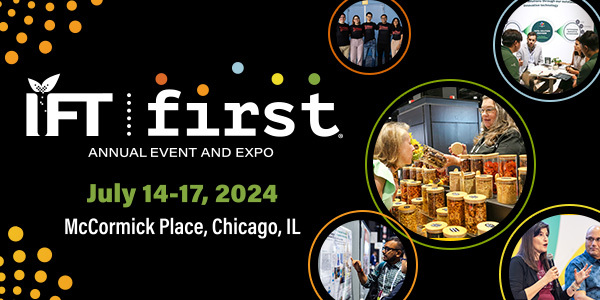
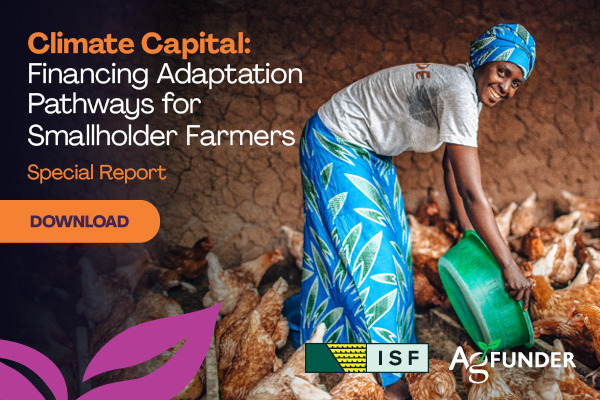
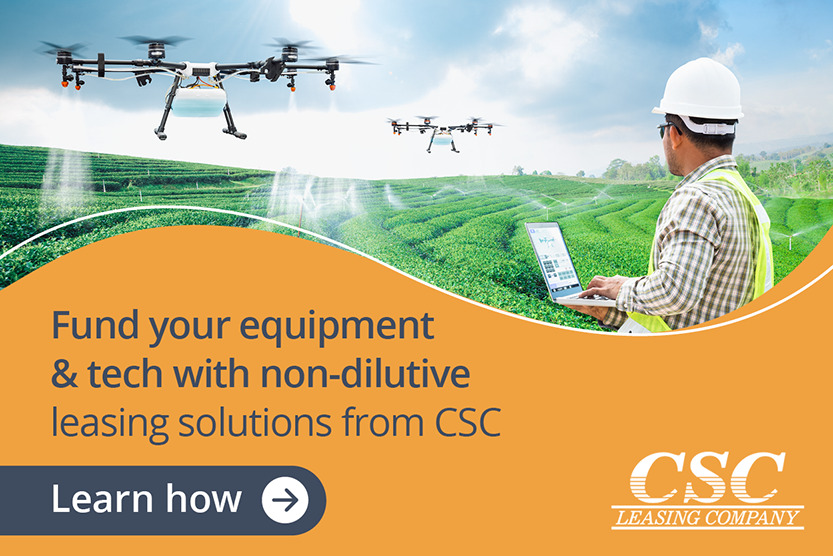


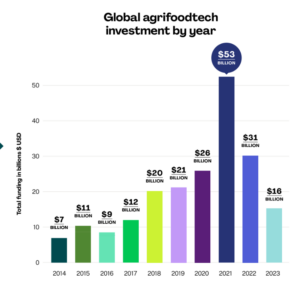
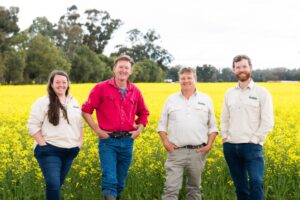


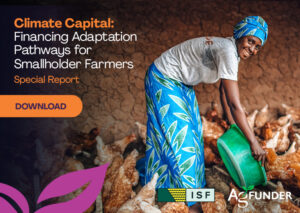

Sponsored
International Fresh Produce Association launches year 3 of its produce accelerator